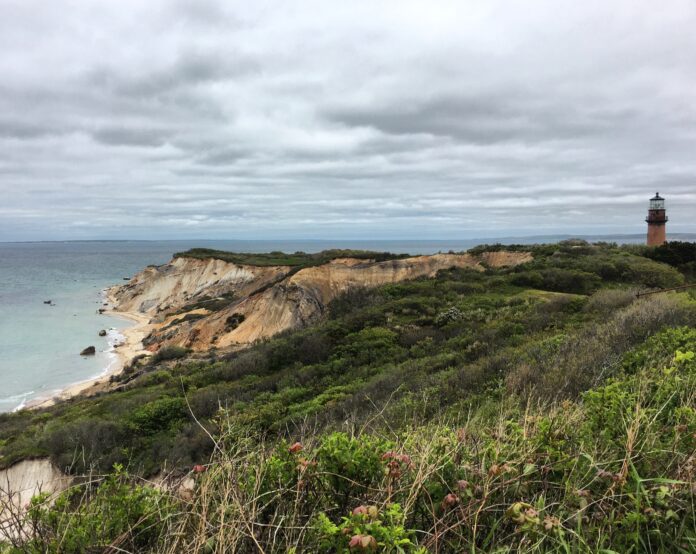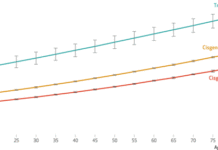
We are happy to welcome a new stranding network partner on Martha’s Vineyard, Massachusetts! We’ve had a gap in the Greater Atlantic Regional Marine Mammal Stranding Network’s coverage on Martha’s Vineyard since 2014. A new agreement between the Wampanoag Tribe of Gay Head (Aquinnah) and NOAA Fisheries now fills this gap.
The Tribe is the steward of 500 acres of Tribal trust lands on the Vineyard. Working through our government-to-government relationship, the Tribe and NOAA Fisheries signed a stranding agreement under the Marine Mammal Protection Act. This agreement provides authorization for the Tribe to respond to marine mammals throughout the Vineyard. They will primarily focus on the areas (Aquinnah, Chilmark, and West Tisbury) surrounding their trust lands.
The Role of the Stranding Network
NOAA oversees the Marine Mammal Health and Stranding Response Program. It authorizes the Network to assess the health of live animals and provide triage or rehabilitation when necessary. The Network investigates the cause of death of marine mammals, such as unusual mortality events of seals, as well as humpback, minke, and North Atlantic right whales.
The Tribe’s team is led by Indirect Services Administrator Bret Stearns, Laboratory Manager Andrew Jacobs, and Environmental Coordinator Beckie Finn from the Tribe’s Natural Resources Department. They are hitting the ground running. They worked as stranding responders under the New England Aquarium, when the Aquarium managed stranding responses on the island.
The team brings their expertise to respond to strandings and provide care. During a response, the team may also collect data and samples for diagnostics, research, and education. This data helps us better understand and address the causes of stranding events. “The Tribe’s response range is an active habitat for gray seals, as well as an area where porpoises and dolphins regularly strand, and occasionally large whales. We are thrilled to have experiences responders on the Vineyard for these stranding events to help us monitor these protected species and their ocean environment,” said Ainsley Smith, NOAA’s Greater Atlantic Regional Marine Mammal Stranding Coordinator. “The team brings years of experiences to the Network and fills and important gap in coverage.”
If You See a Stranded, Distressed, or Dead Marine Mammal
From Maine through Virginia, contact the local stranding network partners through NOAA’s stranding hotline: (866) 755-6622, which will direct you to the stranding response team in your area.








